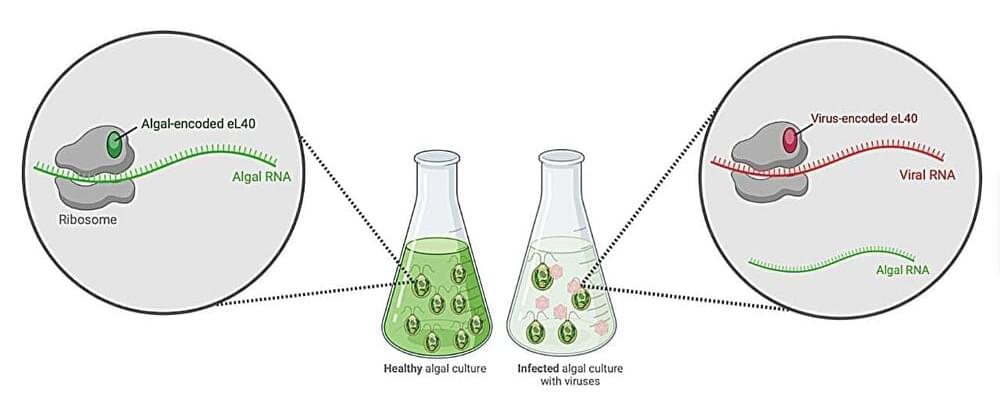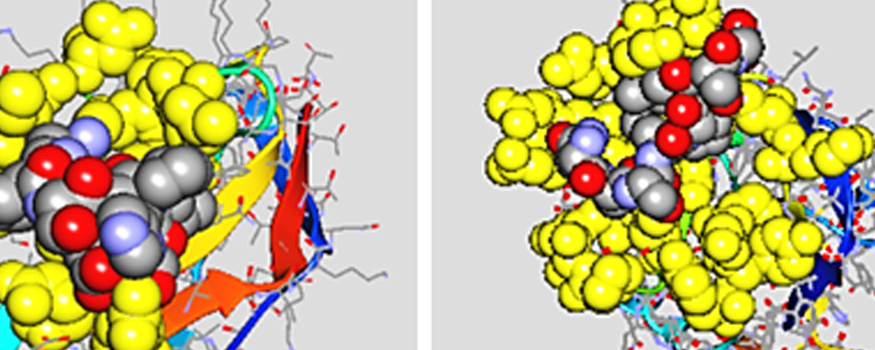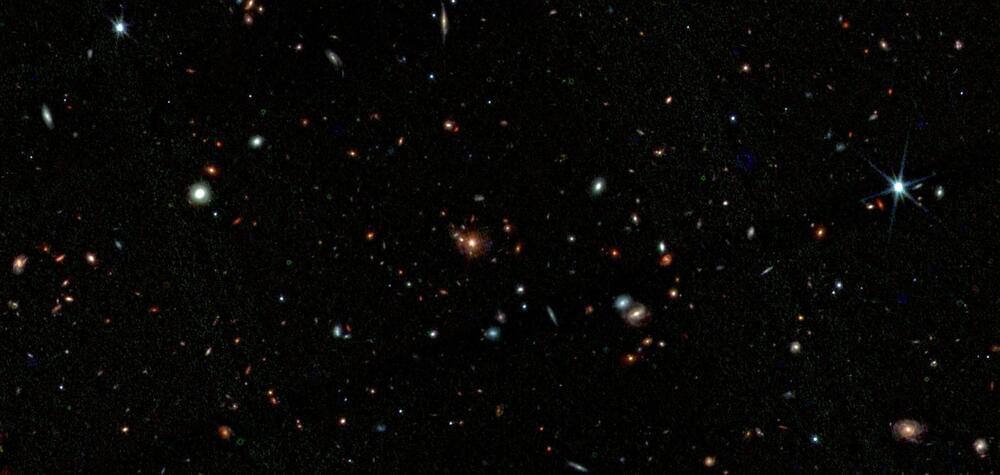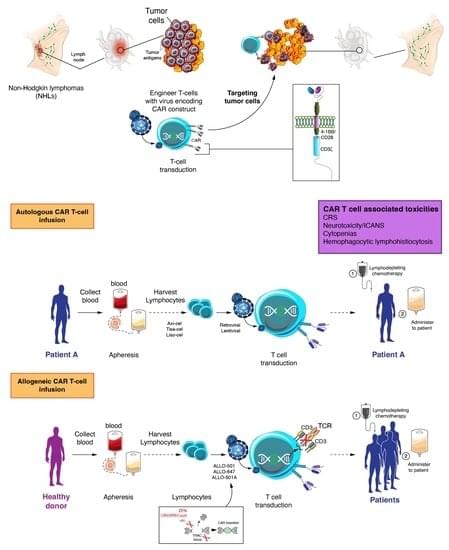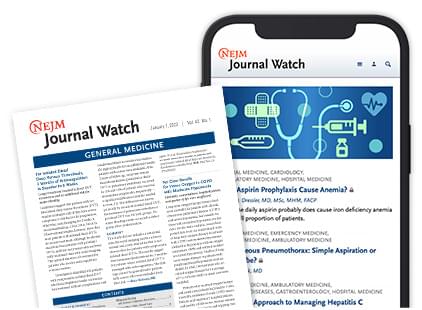Dec 18, 2024
Giant virus encodes key piece of protein-making machinery of cellular life
Posted by Genevieve Klien in categories: biotech/medical, genetics
Researchers at the University of Hawai’i at Mānoa have discovered that a virus, FloV-SA2, encodes one of the proteins needed to make ribosomes, the central engines in all cells that translate genetic information into proteins, the building blocks of life. This is the first eukaryotic virus (a virus that infects eukaryotes, such as plants, animals, fungi) found to encode such a protein.
The research is published in the journal npj Viruses.
Viruses are packets of genetic material surrounded by a protein coating. They replicate by getting inside of a cell where they take over the cell’s replication machinery and direct it to make more viruses. Simple viruses depend almost exclusively on material and machinery provided by the host cell, but larger, more complex viruses code for numerous proteins to aid in their own replication.
